Tehran has not sent arms to either parties involved in Ukraine war: Iranian FM
Iranian Foreign Minister Hossein Amir-Abdollahian says the Islamic Republic has not dispatched arms to either of the parties involved in the Ukraine war, reiterating the need for a political solution to the months-long conflict.
Amir-Abdollahian on Friday held a telephone conversation with his Portuguese counterpart João Gomes Cravinho about the latest developments in the bilateral ties, the sanctions removal negotiations and revival of the 2015 nuclear deal – officially known as the Joint Comprehensive Plan of Action (JCPOA), the crisis in Ukraine, as well as the latest deadly riots in Iran and foreign interference in the country’s domestic affairs.
On the Ukraine conflict, the top Iranian diplomat said, “The Islamic Republic of Iran has not and will not provide any weapon to be used in the Ukraine war. We believe that arming the either side of the crisis will prolong the war. We do not view war to be the right solution either in Ukraine, Afghanistan, Syria or Yemen.”
He added that Iran faces threats from various Takfiri terrorist groups, such as al-Qaeda, the so-called Jaish al-Adl and Daesh, who are operating in areas close to the country’s western and eastern borders.
Commenting on the developments inside Iran, Amir-Abdollahian said a large number of weapons has been funneled through western and eastern regions into the country over the past few weeks.
“This comes despite the fact that some countries in interventionist statements have termed riots and terrorist activities as protests, have practically provoked rioters and terrorists, and even put an anti-Iran resolution or sanctions on the agenda of the next meeting of the Council of the European Union. The Islamic Republic of Iran will reciprocate in case of such an action,” the Iranian foreign minister highlighted.
Elsewhere in his remarks, Amir-Abdollahian underlined the need for the closure of the International Atomic Energy Agency’s (IAEA) allegations against Iran in regards to the Safeguards Agreement, and elaborated on negotiations in New York on the sidelines of the 77th session of the UN General Assembly as well as the constructive talks between the head of the Atomic Energy Organization of Iran (AEOI) Mohammad Eslami and the UN nuclear agency's chief Rafael Grossi in the Austrian capital city of Vienna late last month.
For his part, Cravinho pointed to the historically good relations between Lisbon and Tehran, and hailed Iran’s positions as regards the JCPOA revival talks as well as broader cooperation with the IAEA.
He also called for the continuation of Iran's cooperation in order to assuage the fallout of Ukraine crisis, and expressed his sympathy with the families of all victims of the recent unrest in Iran.
VIDEO | 3,000 bodies of Palestinians ‘evaporated’ as Israel used banned weapons in Gaza
Iran says political pressure cannot undermine its ‘inalienable’ enrichment right
Former Trump adviser Bannon plotted with Epstein to 'take down' Pope Francis
China warns US against ‘plotting’ on Taiwan, says it risks confrontation
VIDEO | Zionist takeover of UK police
VIDEO | Trump-Netanyahu meeting
Iran’s shortest rail route between China and Europe
'Shameful': Hamas decries Western systemic campaign against UN expert Albanese


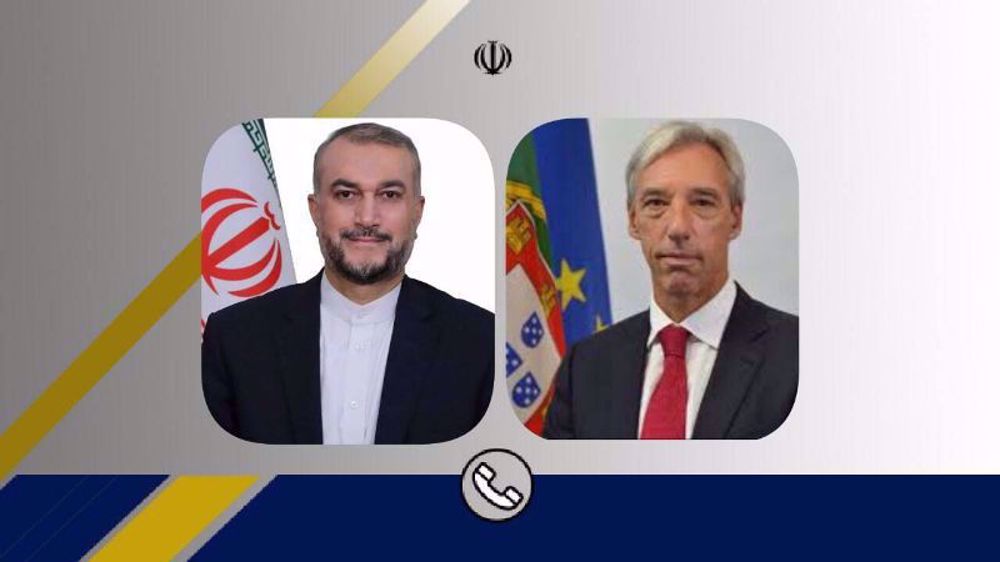
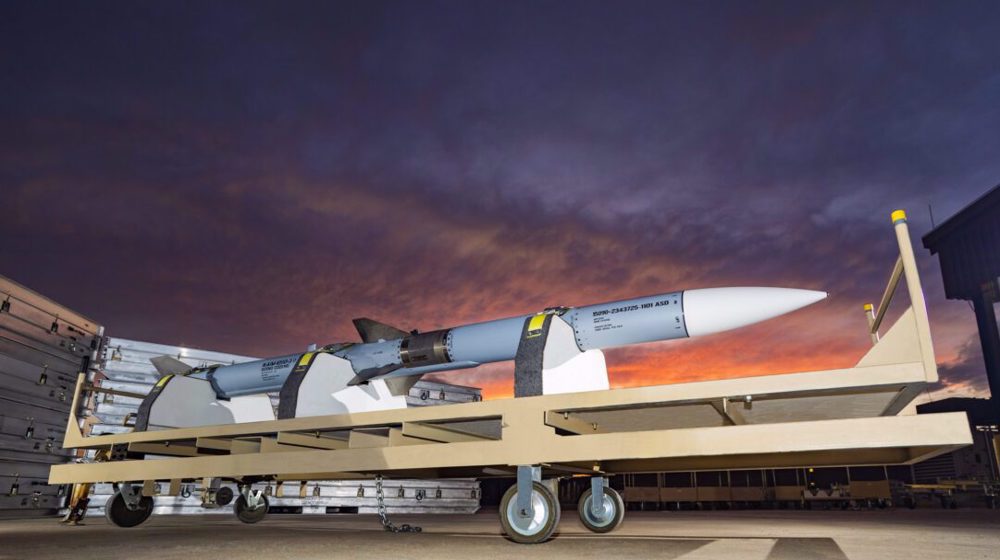
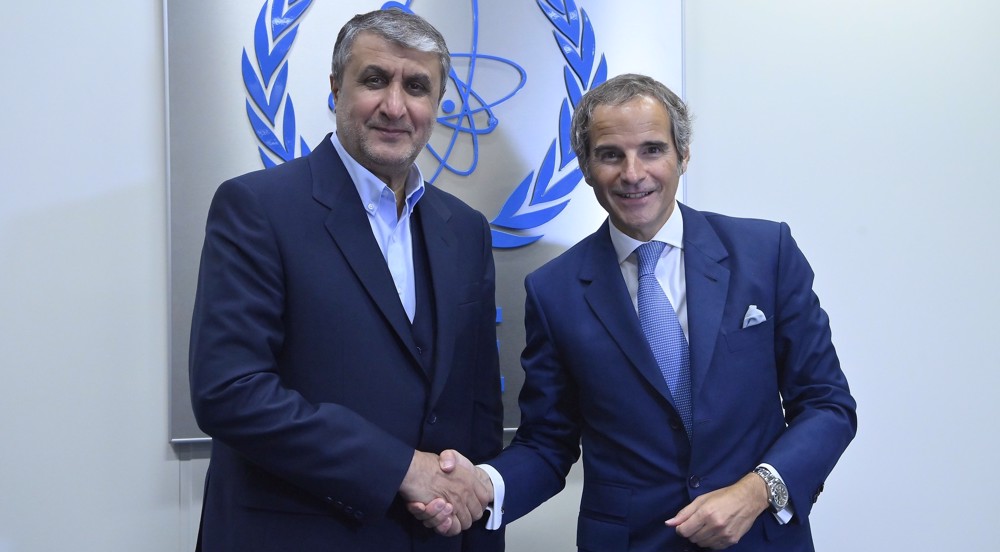
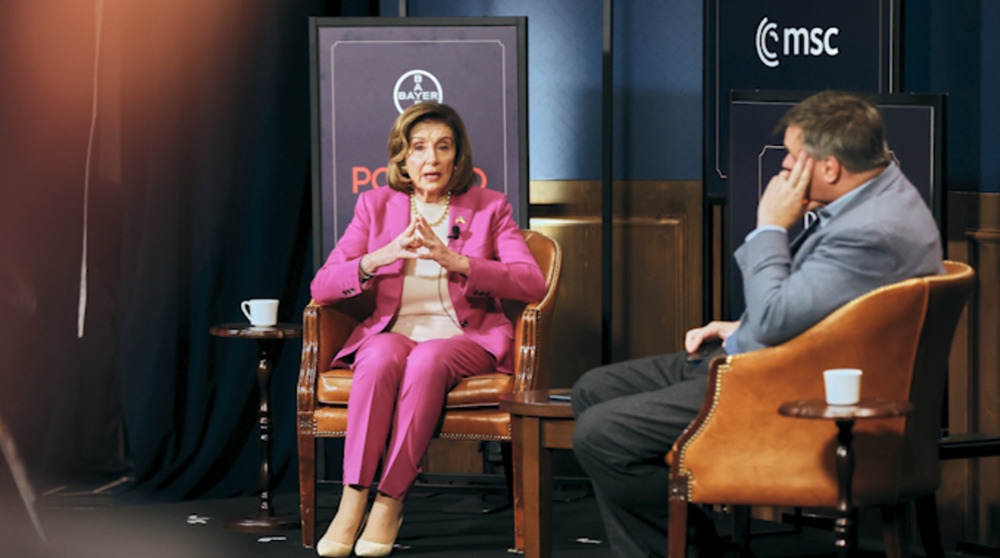
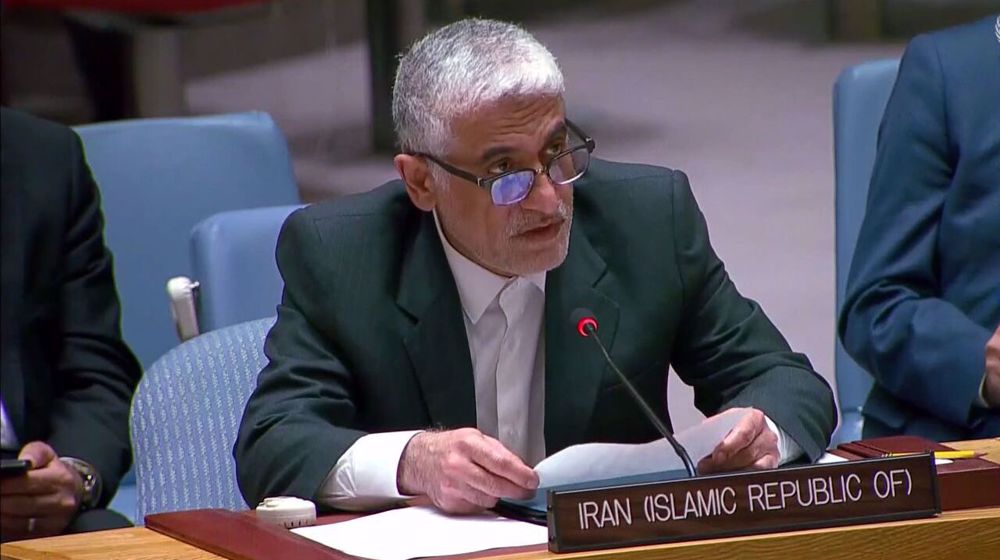
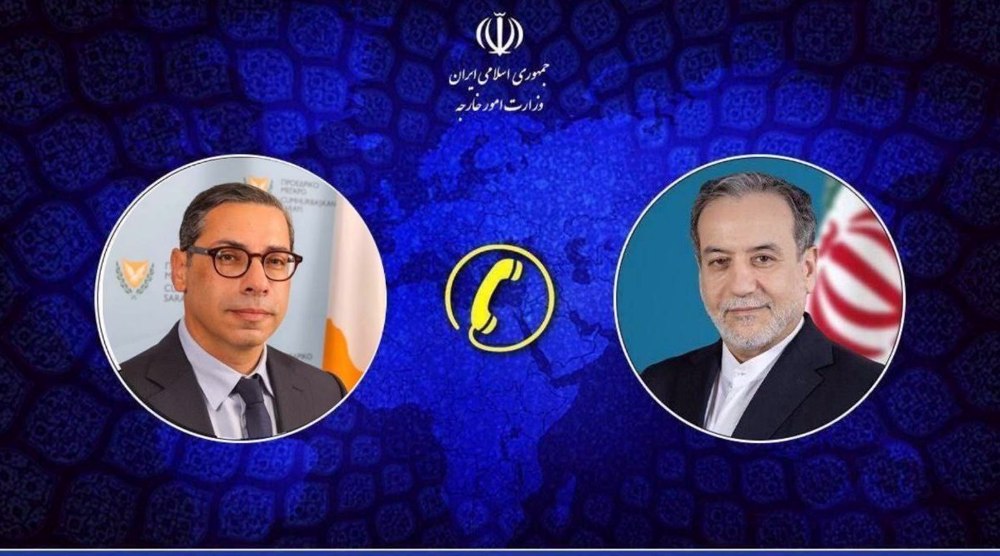



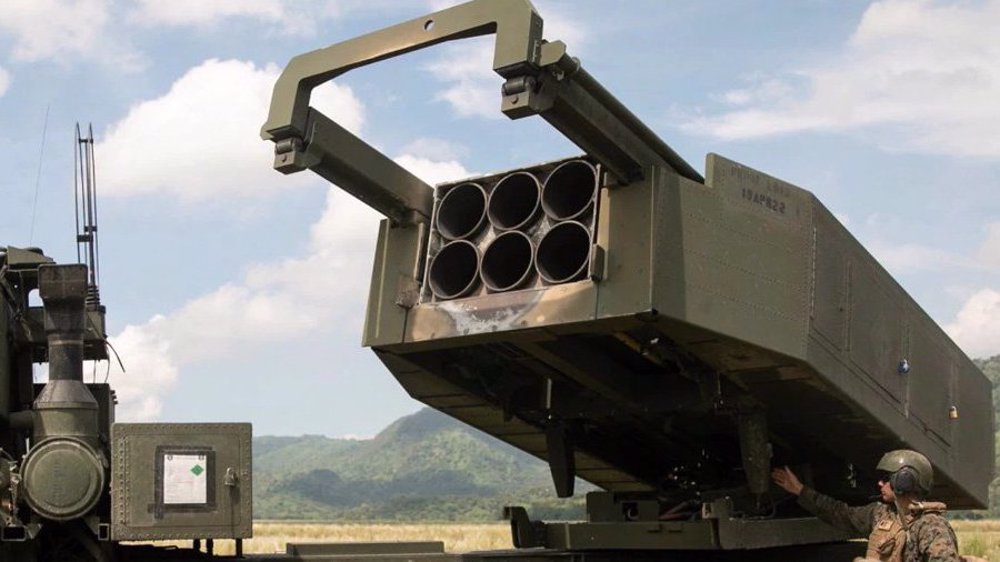
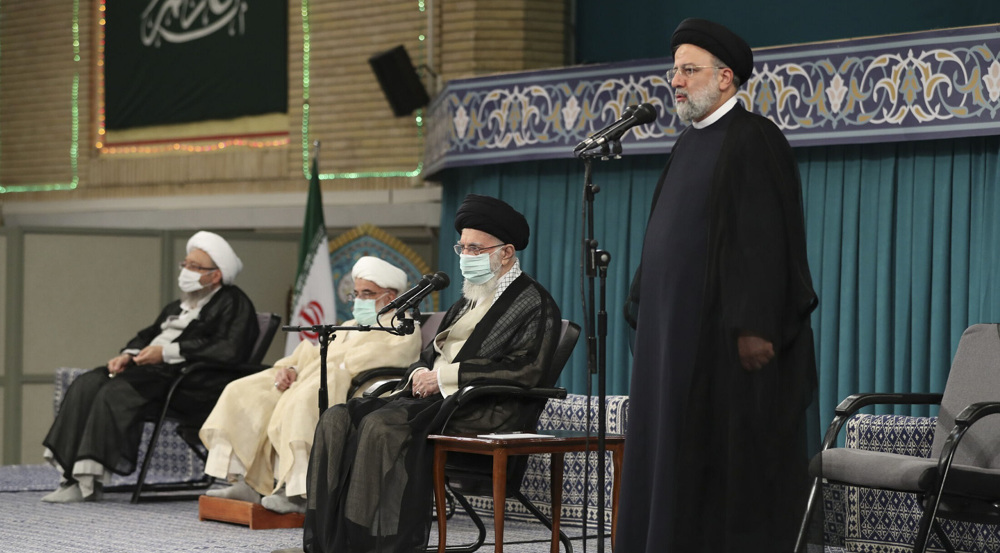
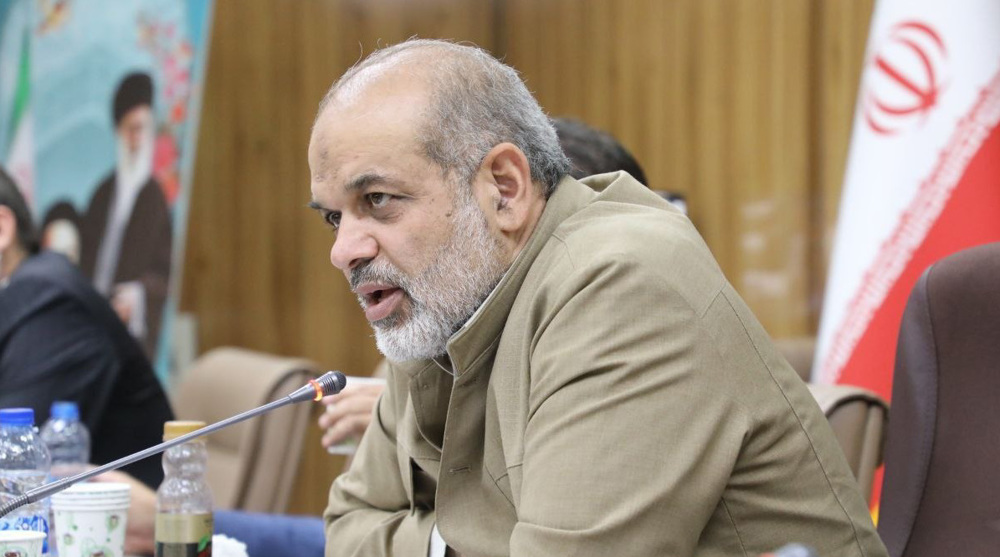
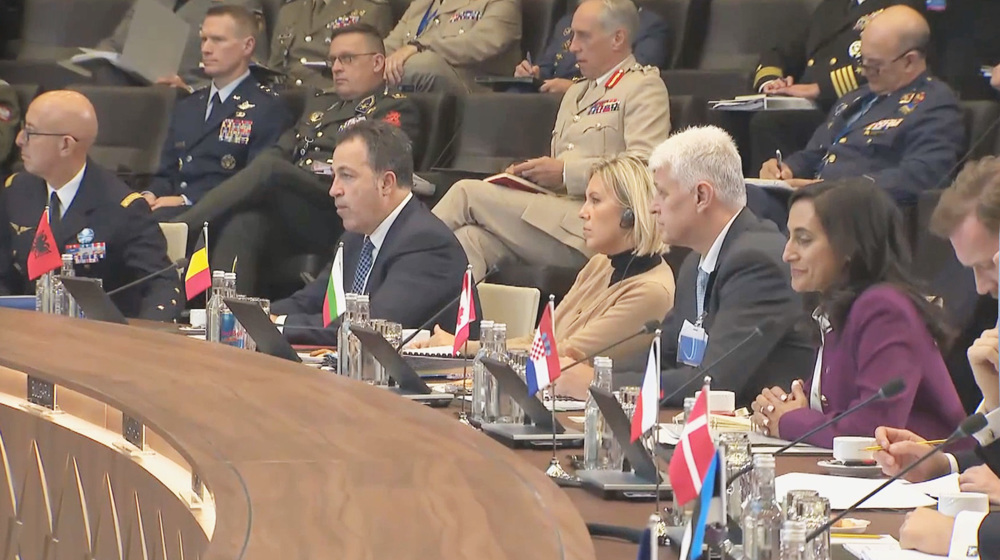
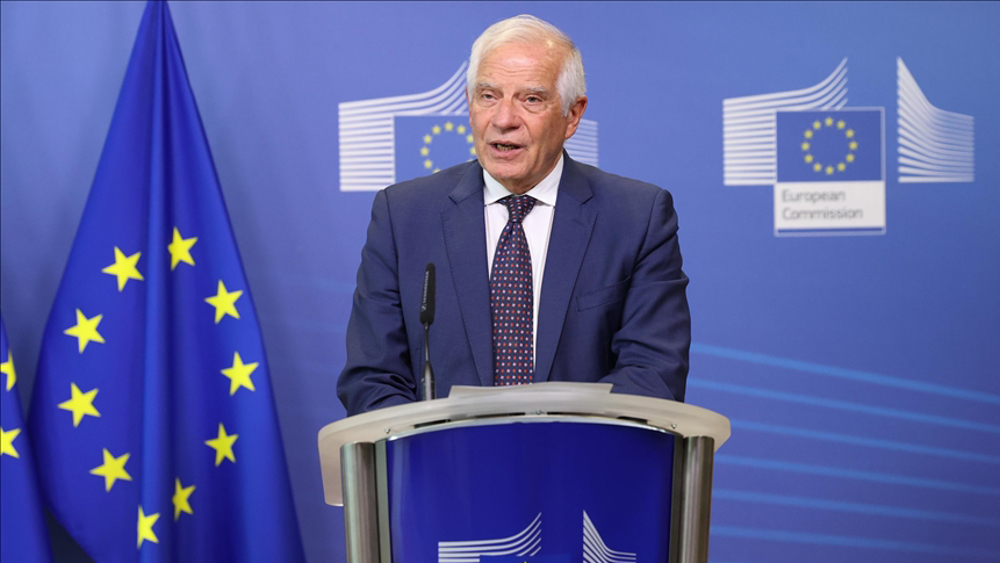
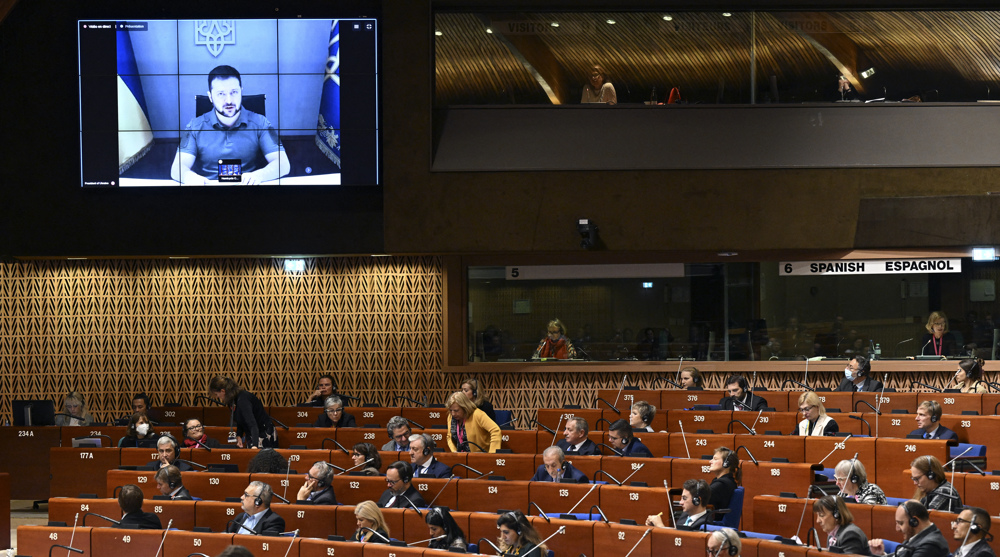
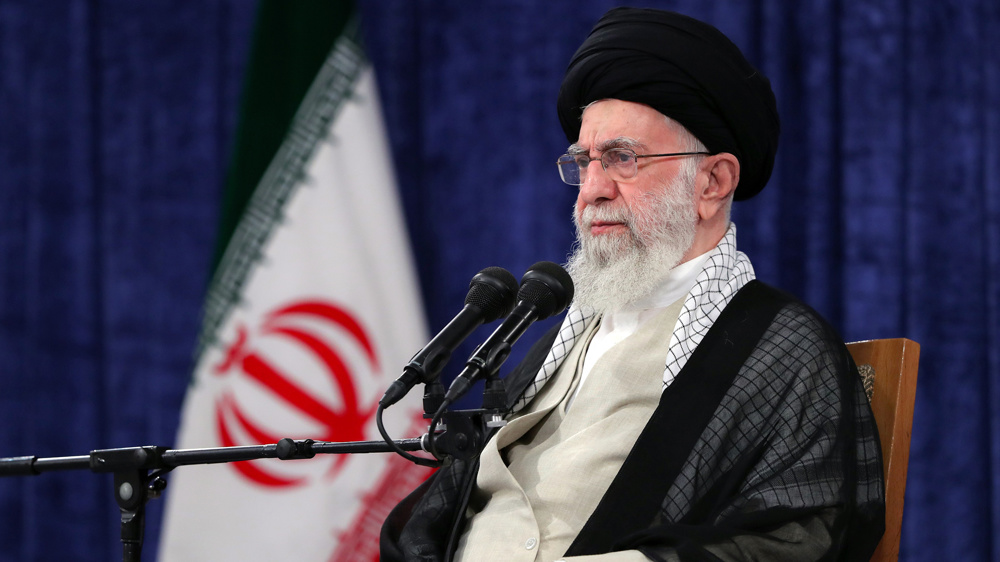
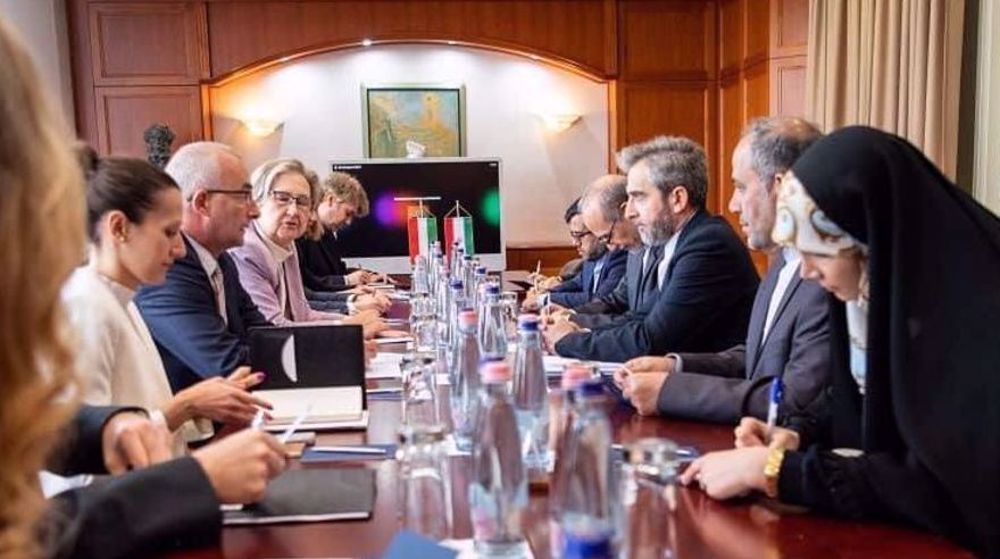
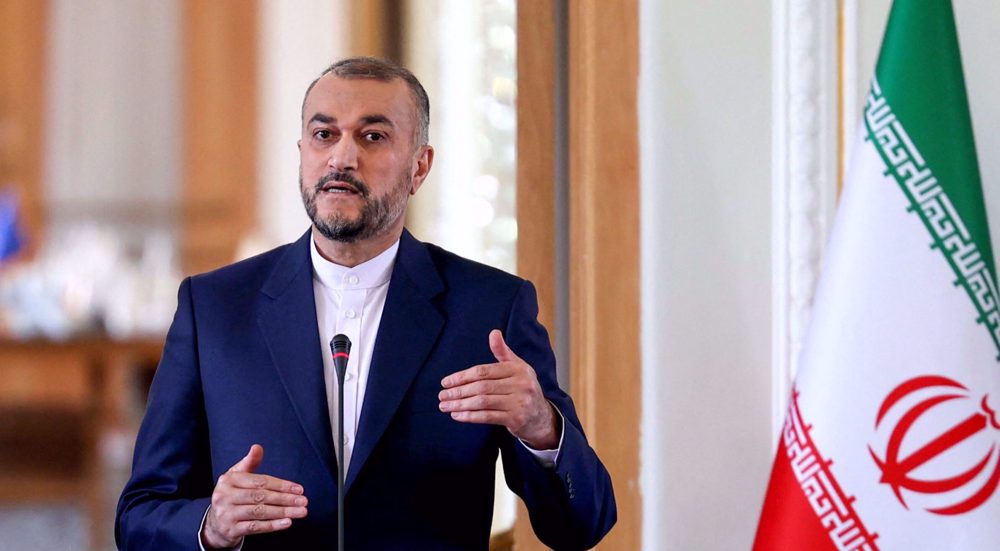
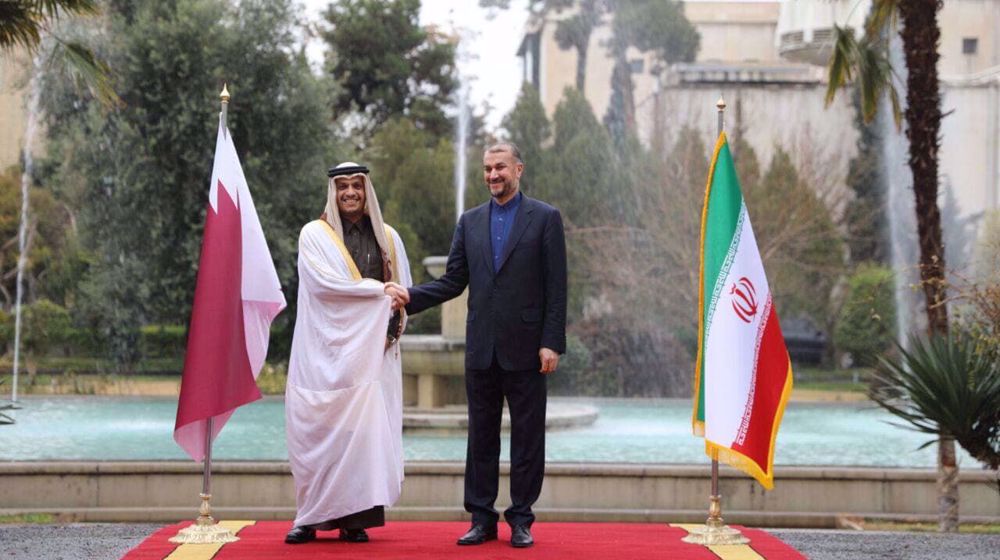

 This makes it easy to access the Press TV website
This makes it easy to access the Press TV website